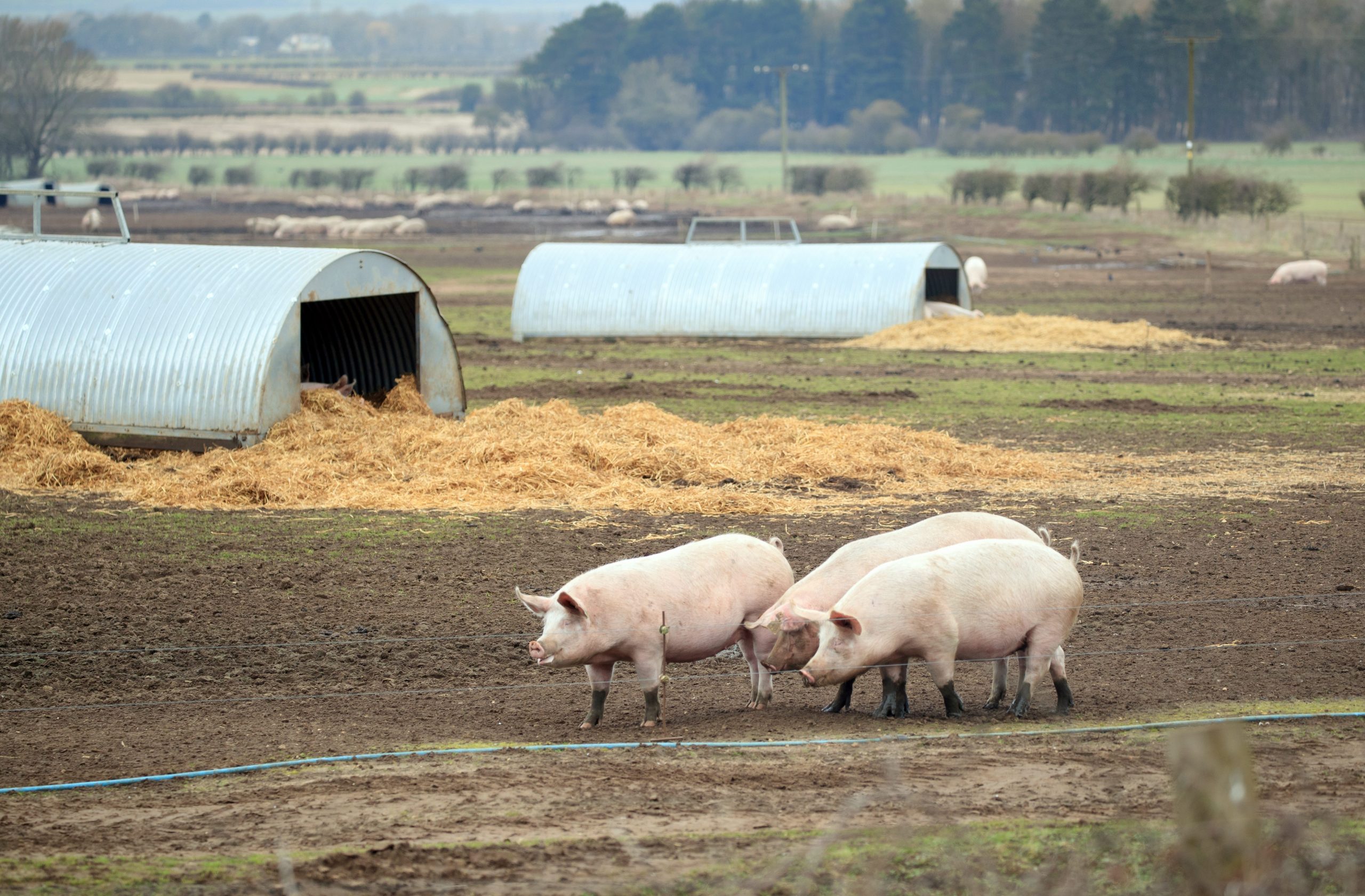ANIMAL welfare is a big priority for the European Union (EU).
So much so that the authorities are currently revising community protocols to toughen them up, with the launch of a scheme entitled From Farm to Fork.
Although EU law regarding animal welfare is said to be among the strictest in the world, the legislation will be adapted to changes within the livestock industry and heightened public consciousness.
The care of farm animals throughout the whole process and the impact of agriculture and farming on public health are at the heart of the From Farm to Fork programme, which works on the principle that the healthier the animals are, the less medication they have to be given, thus improving the quality of the meat for consumers.
This move also aims to tackle the growing problem of antimicrobial resistance, as increasing doses of antibiotics are used on cattle that then pass into the food chain and lead to immunisation, leading to an estimated 33,000 human deaths a year across the EU.

Transport and sacrifice will be overhauled to improve conditions for the animals, with products clearly labelled with the ‘animal welfare’ tag for end consumers.
Other aims of the European strategy include tackling climate change, protecting the environment, ensuring fair economic returns for producers at every stage of the supply chain, and boosting organic farming by cutting the use of hazardous pesticides by 50%.
These changes are set to be introduced by the end of 2023.
Meanwhile, the Spanish government is currently preparing a Royal Decree aimed at improving animal welfare by obliging owners of slaughterhouses to instal CCTV cameras in order to weed out any improper practices.
This decree would still have to be approved by Parliament, and there is as yet no set date for the process to begin.
Click here to read more Environment News from The Olive Press.








